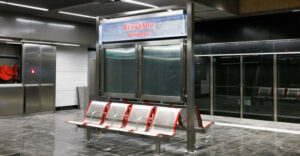The unveiling of the Thessaloniki Metro is entering the final stretch with the 13 state-of-the-art stations included in the project’s main line.
Although there is still a 24-hour period until the official opening ceremony scheduled for tomorrow at noon, the ritual of the project’s handover begins at 6 pm today with a visit by the President of the Republic, Katerina Sakellaropoulou, and the Prime Minister, Kyriakos Mitsotakis, at the most impressive Venizelou metro station.
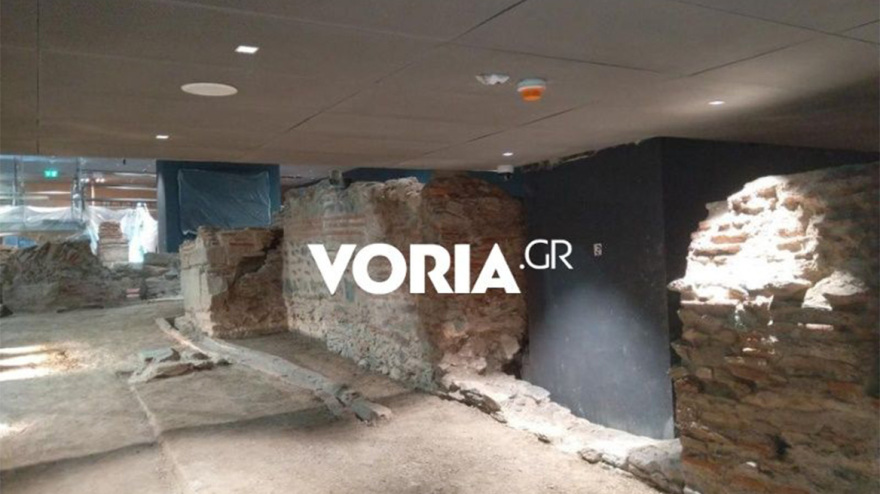
There, they will be shown around the city’s antiquities by culture minister Lina Mendoni, who has been an advocate for preserving the antiquities at the station from the very beginning and among those who boldly supported the project when the city was divided.
The President of Democatria and the Prime Minister will be the first citizens of the country to see the crown jewel for the metro of the capital city completed. Despite the negative charge on the project, being one of the main causes of its delay, the valuable archaeological findings and the history it carries for Thessaloniki and their re-installation at the station constitute a topic even for the American media networks.
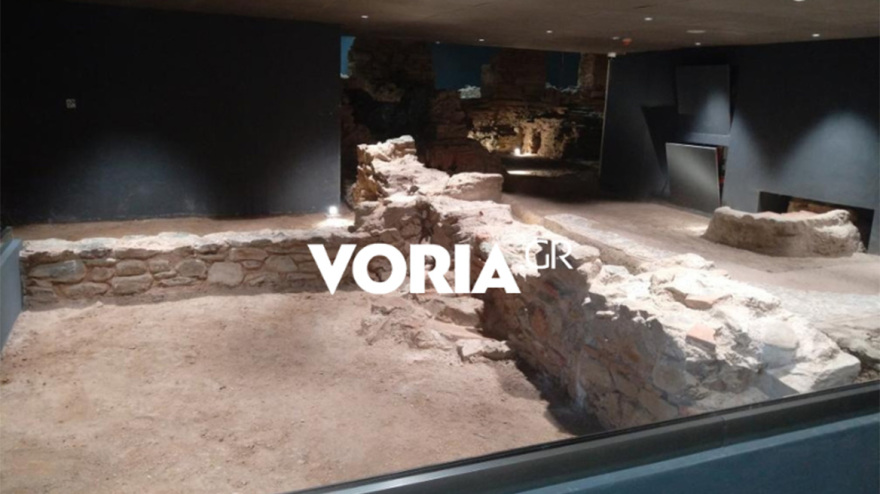
Fox News on Thessaloniki Metro
Typical is yesterday’s report by the news agency Fox News, which in an article talks about the city’s “archaeological treasures” that enhance the aesthetics of the stations
Titling the article “New metro in Greece exposes archaeological finds discovered during construction,” the US network writes that the “years-long” construction of the new metropolitan railway, which began in 2003, has uncovered thousands of ancient artifacts, many of which adorn station design in “a unique way.”
The excavations, Asleen Messier writes, have unearthed thousands of important archaeological finds from various time periods: Roman roads, water and sewage systems, tombs, mosaics, and more.
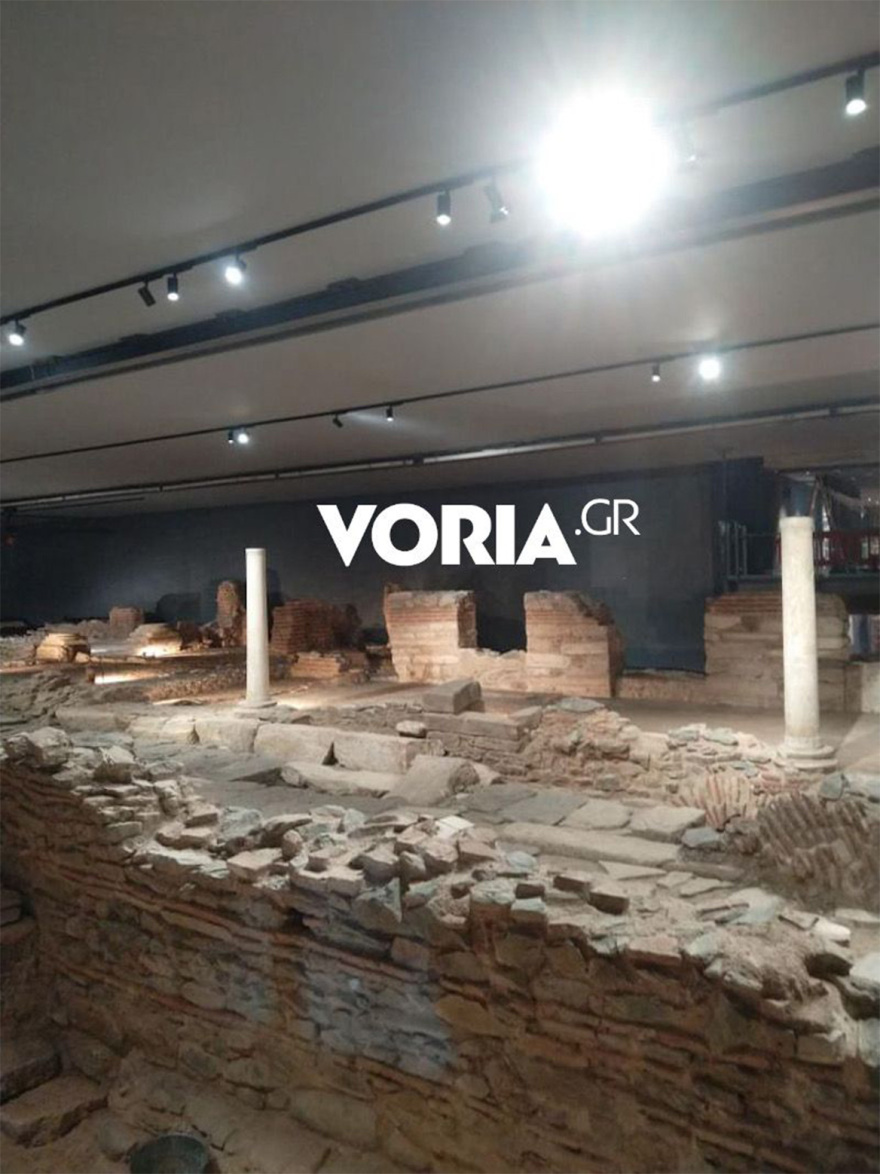
“This underground railway system will join the long list of archaeological sites that exist throughout Greece,” the article concludes.
Operating hours
For four days, the city’s metro will carry passengers free of charge with hours starting from 5:30 am to 2:30 pm on Friday and Saturday and from 5:30 am to 12:30 pm on weekdays. The cost of the ticket will be 60 cents however passengers who want to travel by road will need to buy an additional ticket of equivalent value as the plan for a single ticket in the city cannot be implemented at this stage due to non-interoperability.
The novelty of the new Thessaloniki metro is that it is a fully automated vehicle, which moves without a driver and all its operations are coordinated by the control center located in the axle hall. That is why for the first period the people of Thessaloniki will be greeted by ground attendants on the trains so that people can get familiar with the new means and there will be a feeling of security for the passengers who will know that they are traveling with trains without a driver.
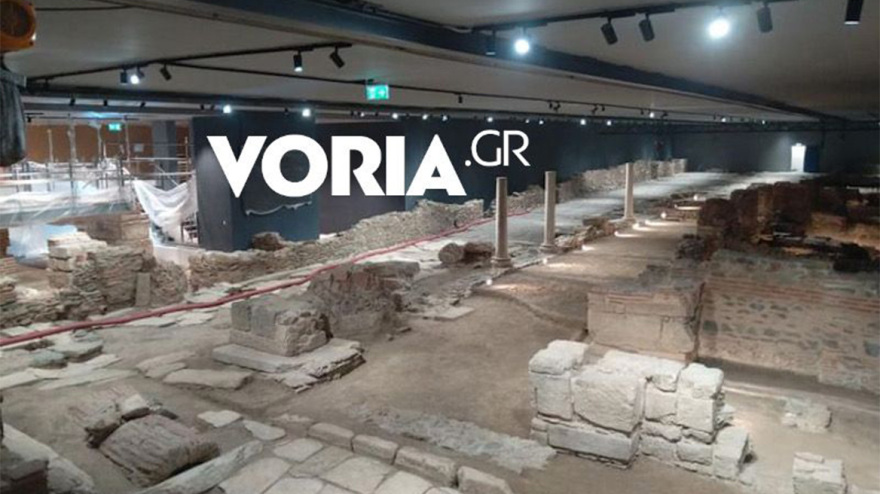
The extensions
The next bet for Hellenic Metro and the government is the extension to Kalamaria, which is expected to be commissioned in 2025. The head of the project’s consortium and managing director of AKTOR, Alexandros Exarchou, in an interview yesterday with a local media outlet, said that the project is now taking its turn to be delivered to the public next year, provided (as he said) “that some issues due primarily to the delay in the construction of the main line are addressed”, stressing that it is one of the largest ongoing public works in the country.
Exarchou also referred to the most important actions taken recently for the main line which was the completion of testing. He said the testing is critical both for the safety of passengers and for the final certification of the project and the issuance of the operating license so that the state can activate the project. And he stressed that towards this end, AKTOR contributed to the training in all operating systems for the company’s staff who will be responsible for the daily operation of the metro.
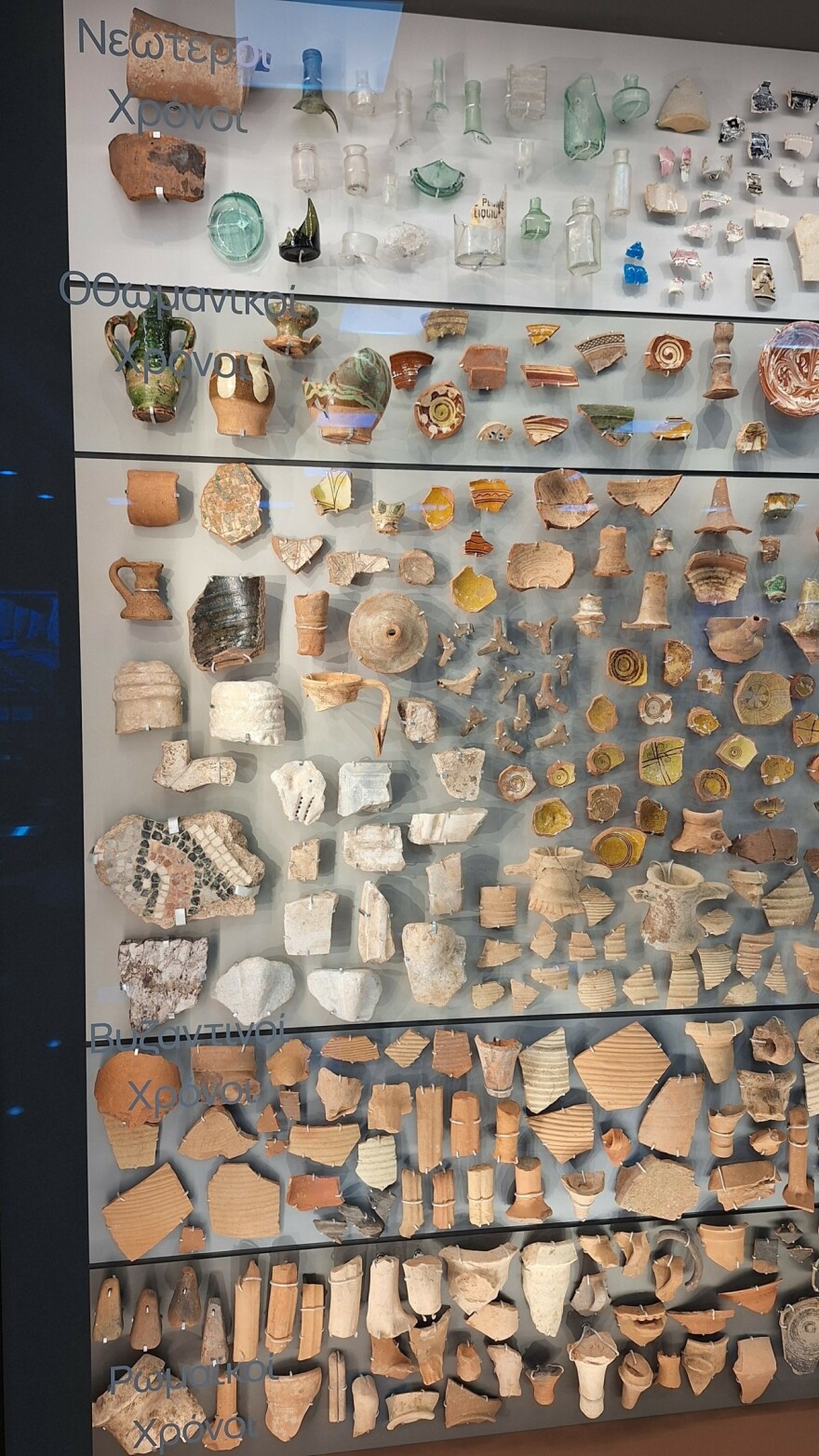
Based on the development study of the Thessaloniki metro, which is the first comprehensive transport study carried out in the city, the next extensions of the metro and a new line from Ano Evosmos to Harilaou are outlined. In any case, these are projects for the next decade as the main prerequisite for their implementation is to find the necessary resources.
Ask me anything
Explore related questions
